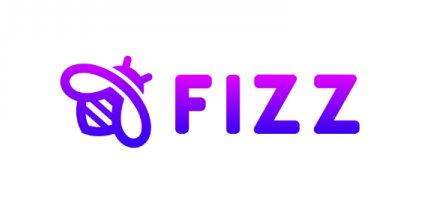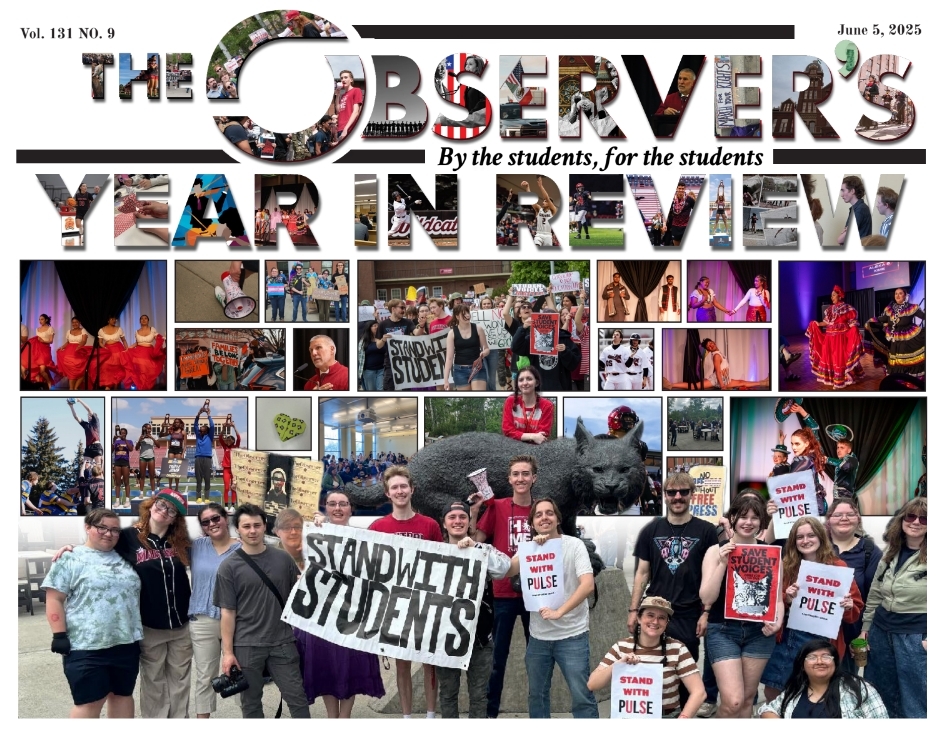ASCWU candidates received days of consistent public backlash on the anonymous student app Fizz during the open election period. The app has no official affiliation to CWU, and the controversial posts led to a mass deletion of election related content across the app. From President to Secretary, almost every student running faced some form of posts being made about them.
The official Instagram for Central’s Fizz account posted many screenshots of the allegations with the caption, “The girlies are fighting again.” The post was silently taken down shortly after, and replaced with one that did not mention anything about the election allegations.
Presidential candidate Alexis Jolivette was one of the many people who was on the receiving end of the anonymous posts. “I think it was just kind of hurtful,” Jolivette said. “It would be one thing if it was just one comment and people were reposting that one, but it was just comment after comment on the same topics, on two people. So it was just a little frustrating and heartbreaking to see.”
While seeking support during this time, Jolivette was able to call her mom for advice. Her mom said, “Don’t let them get under your skin. You don’t have anything to prove to anyone.”
Vice-presidential candidate Francesca Gossing was another person who was mentioned in damaging allegations across the app. “It was a lot,” Gossing said. “I felt like every time I kept refreshing, there was just something new, which was so strange. Yeah, it’s political but it’s such a small scale of the school. It’s such an intimate school with the way everyone knows each other.”
Glossing responded promptly to the claims on her election focused Instagram account, less than a day after the initial allegations.
Hondo Costa-Vega has never downloaded Fizz and does not intend to after a previous experience in high school with a similar app. “I’ve been exactly where Cesca [Gossing] has been. I’ve been the target [on a] platform before when I was in high school, and that really did a detriment to me… for example, my mental health.”
Users of the app responded in a variety of ways. One anonymous post read, “I think it’s fine to voice positive and negative opinions on the elections but without hard evidence you could say it’s misinformation. Just saying don’t vote based off of a fizz post.”
Others had different ideas, “It’s people like this that are the problem with this school.”
The moderators kept the posts up due to the idea that the candidates were public figures. It was later agreed by the moderators however, that the scale of this student election was not one that warranted being on the receiving end of cyberbullying to such a large extent. A little over 500 people voted in the ASCWU election, in contrast to the nearly 2,000 students who interacted with and upvoted some of the allegations being made about candidates.
The app was introduced to CWU students in 2023. To be a member or have an account, users must have and verify their student email. It was created by two Stanford students in 2020 and launched in 2021 to their school. Its predecessor, Yik Yak, faced very similar results from students being anonymous. There had been many attempts at suing as well as allegations of cyberbullying in the form of hate speech and promoting acts of suicide to others. This caused Yik Yak to shut down momentarily in 2017 and be relaunched in 2021.
To avoid further hate speech on the app, Yik Yak created the downvote. Once a post gets a certain amount it will be removed from the app. Fizz does this in the form of moderators, students who are invited to enforce the posting rules of the app.
If you or someone you know is experiencing cyberbullying, you can contact the National Crisis Hotline at 988 or contact CWU Counseling Services at 509-963-1391.









